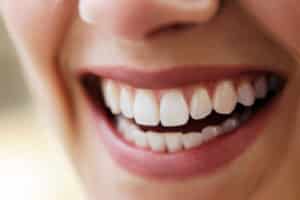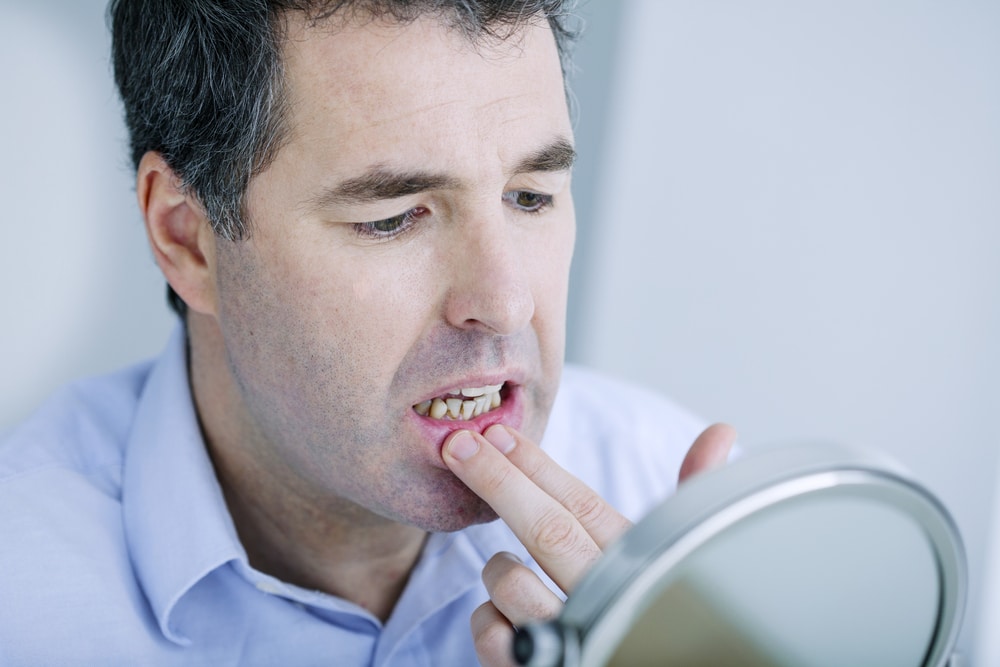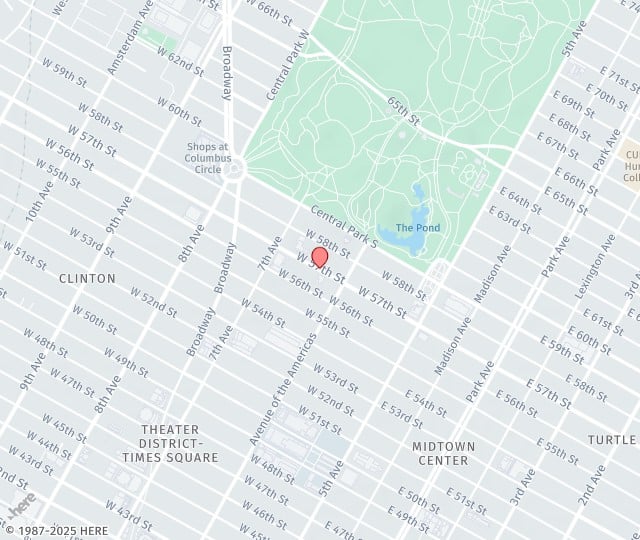If you're struggling with gum recession in New York, NY, you're not alone. A common dental concern, gum recession can disrupt your smile, create discomfort, and compromise your overall oral health.
At the office of Louis Siegelman, DDS—a Board-Certified Dentist Anesthesiologist and Clinical Assistant Professor at NYU College of Dentistry—we understand how distressing gum recession can be. With advanced treatment options, personalized care, and Dr. Siegelman's expertise, we are committed to restoring your gum health, protecting your teeth, and giving you the confidence to smile again.
What Is Gum Recession?
When gum tissue gradually recedes, it exposes more of the tooth or root, a condition known as gum recession. It can trigger increased sensitivity, leave your teeth more vulnerable to decay, and change the way your smile appears.
Symptoms To Look For
Gum recession is a progressive condition and can be difficult to detect in the earlier stages.
- Increased Sensitivity
- Tooth Mobility
- Exposed root, the tooth may look long

Gum Recession Causes
There are several possible causes for a receding gum line. Here are the most common.
- Periodontal Disease
- Natural Aging
- Aggressive Brushing and Flossing
- Genetic Predisposition
- Bruxism
- Smoking or Chewing Tobacco
Is Gum Recession Preventable?
Gum recession is usually preventable if proper steps are taken with your oral hygiene. You should follow a health routine that includes brushing and flossing twice daily and regular dentist check-ups. Cleanings at your dentist's office can help prevent gum disease, one of the main causes of gum recession. Along with a healthy routine, a healthy diet plays a huge role in your gum's health. Eating nutritious food and avoiding alcohol and tobacco products will help prevent gum recession.
See What Our Patients Are Saying!
"Dr. Siegelman, Dr. Currier, and the entire staff provided the best possible care anyone can ask for. I would definitely recommended them for everyone in need of dental work. Top-notch professionalism, coupled with a very caring attitude and approach. We are very thankful for everything they have done for us! – Timur C."
To read more reviews, please click here!
Gum Recession Treatment

Early detection and minimal treatment are ideal. The first step is to address the cause and develop a corrective action plan. There are many treatment options for gum recession.
Deep Cleaning for Gum Recession
Deep cleaning for gum recession involves scaling and planing.
- Scaling is when your dentist gets rid of plaque, tartar, and bacteria that are present on the surface and roots of your teeth.
- Then, your dentist will help smooth out the roots of your teeth so that they have an easier time reattaching to your gums through a process called planing.
- These two processes do a great job of stopping the progression of any gum diseases that may be forming in your mouth. It also does well in preventing any further gum recession and significantly reduces your risk for tooth loss.
Pinhole Surgical Technique
The Pinhole Surgical Technique is the most advanced, non-invasive treatment for gum rejuvenation. Unlike traditional grafting techniques, the Pinhole procedure requires NO incisions and NO sutures.
- The recovery is fast, and the results are natural-looking and long-lasting.
- After your gums are numb, your dentist will use a needle to make a small hole in your gums above the receding line.
- A thin rod will be inserted into the hole to loosen up the gums. Once the gums are loosened, the dentist will use the same tool to move them into their correct positioning.
- Once they are in position, collagen strips will be inserted through the hole in the gums to cover the areas of the teeth that were once exposed because of the receding gum line.
The results from this procedure are instantaneous.
At-Home Remedies For Gum Recession
There are some at-home remedies that you can try to help with your gum recession. Some of these treatments include:
- Eucalyptus oil
- Saltwater
- Green tea
- Peppermint essential oil
- Aloe vera
- Omega-3 fatty acids
Frequently Asked Questions
What Happens If Gum Recession Is Left Untreated?
Gum recession is a serious issue that should be handled promptly. If left untreated, gum recession can bring on other serious oral health problems like bone loss, loose teeth, or even tooth loss.
Does Gum Recession Cause Tooth Loss?
If gum recession is left untreated, it can result in tooth loss. If you are experiencing gum recession, talking to your dentist to set up a treatment plan to ensure your teeth's health is important.
Why Choose Dr. Siegelman for Gum Recession Treatment?
Dr. Louis Siegelman is a Board-Certified Dentist Anesthesiologist in New York City, known for delivering compassionate, patient-focused care. He combines advanced dental technology with sedation options ranging from mild sedation to general anesthesia, ensuring every visit is as comfortable as possible.
As Assistant Director of the Dental Anesthesiology Residency Program at NYU Langone Medical Center and a Clinical Assistant Professor at NYU College of Dentistry, Dr. Siegelman brings academic expertise to his practice. His numerous professional memberships and fellowships keep him at the leading edge of modern dental care.
Whether you need specialized treatment or routine care, Dr. Siegelman is dedicated to restoring your confidence and helping you achieve a healthy, beautiful smile.
Get Expert Gum Recession Care in New York City
Looking for expert care for gum recession in New York City, Westchester County, Long Island, Rockland County, New Jersey, or Connecticut? Dr. Louis Siegelman has the skills and experience to protect your oral health and restore your confidence.
Call our office at (212) 974-8737 or fill out our Contact Form to schedule your consultation today and take the first step toward healthier gums!

